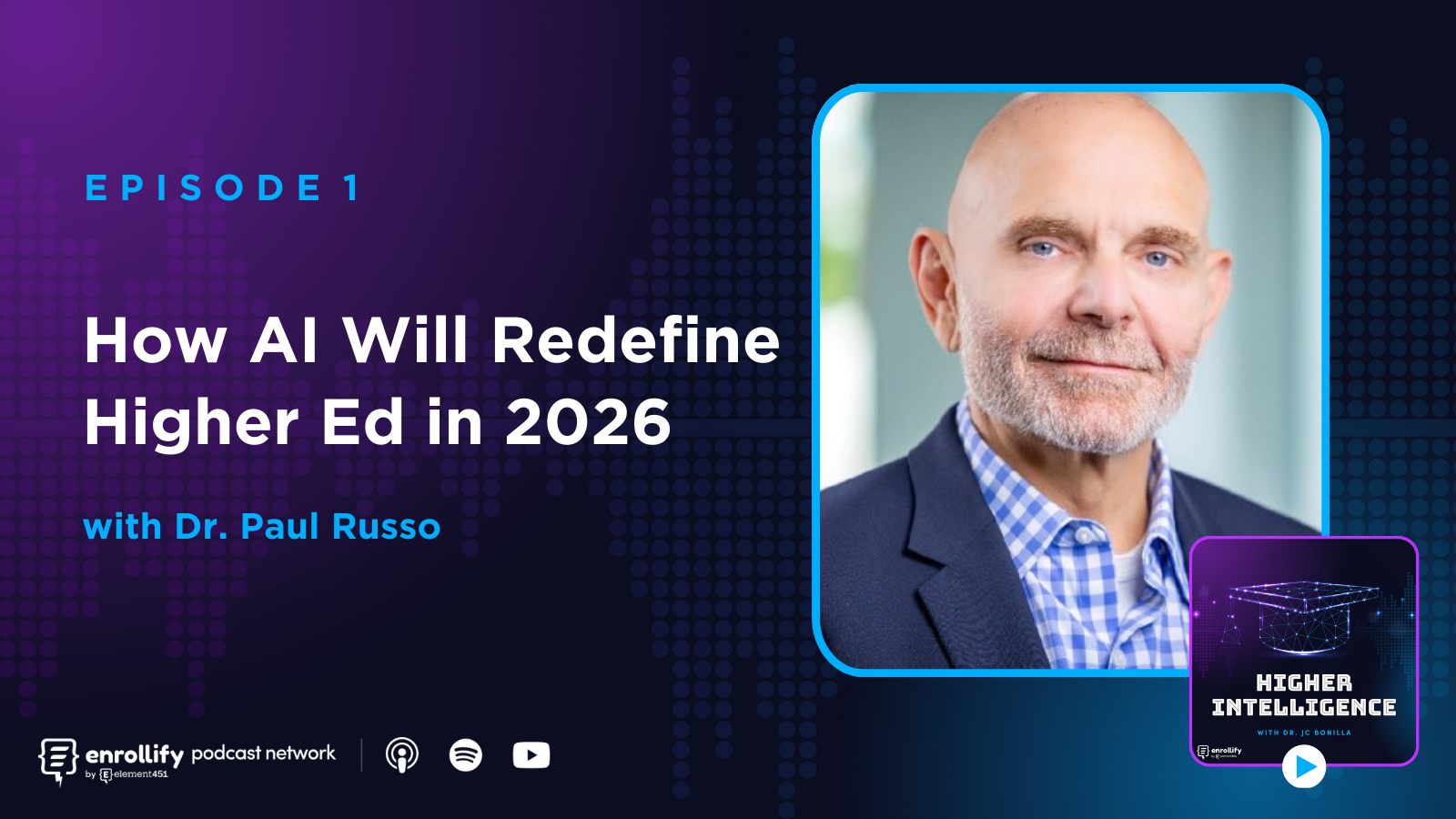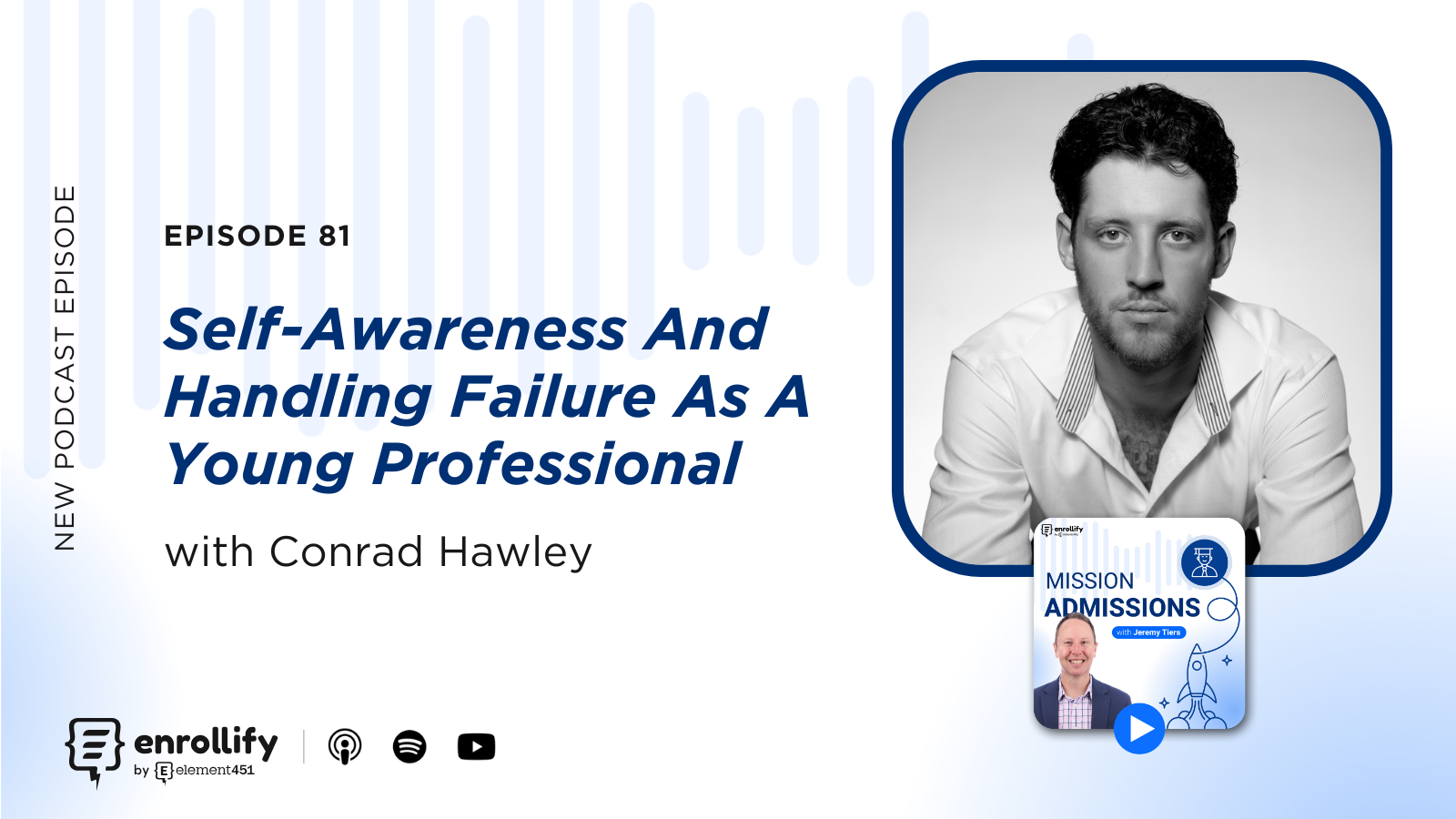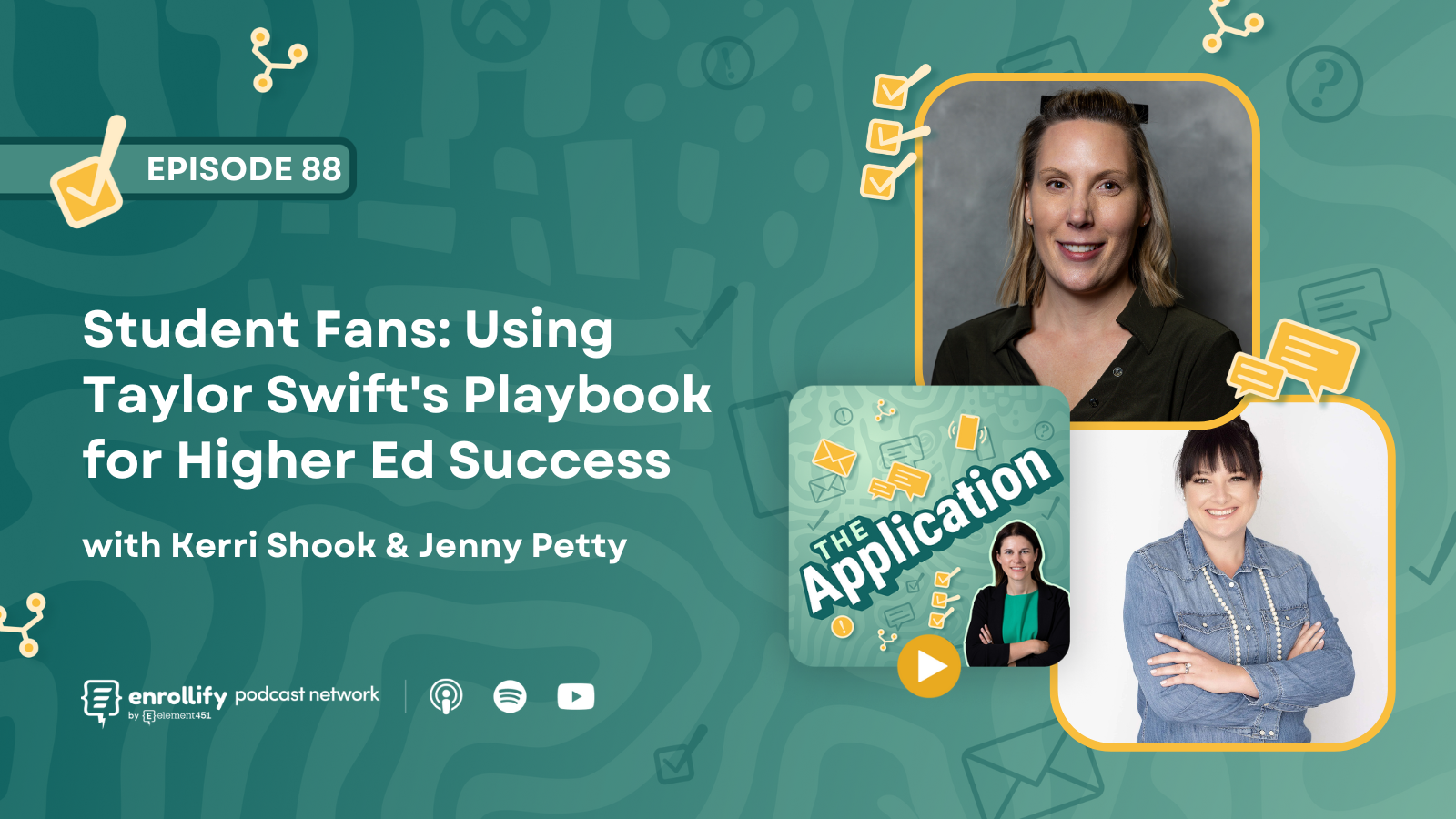About the Episode
Got a story to tell? An innovative idea to share? Fill out our guest nomination form and let's chat!
About the Episode:
U.S. stops scheduling visa interviews for foreign students
Where International Students Stand Now
Mallory sits down with Patricia Tozzi to unpack one of the most pressing topics in higher ed today: AI governance and privacy in student data. As institutions increasingly lean on AI to inform decisions and streamline operations, how do we ensure transparency, equity, and compliance? Patricia offers a grounded perspective on where schools need to draw the line between innovation and risk.
Key Takeaways
- Institutions need clear privacy policies to protect student data in AI-driven systems.
- Without proper AI governance, schools risk reinforcing bias and inequity in their models.
- Building AI responsibly starts with clean data, integrated systems, and transparent oversight.
- Speed alone isn’t innovation—equity and transparency are foundational to ethical tech adoption.
- Regular audits and ongoing evaluation are essential for compliance and public trust.
What are the biggest privacy risks when using AI in higher ed?
Patricia Tozzi doesn’t mince words: privacy is non-negotiable. She stresses that without strong institutional policies, colleges run the risk of exposing sensitive student data or—even worse—embedding biased assumptions into decision-making processes. When AI is used to guide real-world actions that affect students, such as admissions or advising, unchecked models can magnify existing inequities.
How can institutions ensure compliance and transparency?
Tozzi lays out a framework of foundational steps. First, start with clean, reliable data—a nod to the importance of robust CRMs and data hygiene. Second, create infrastructure to integrate both internal and external data sources using tools like APIs. And finally, implement AI governance practices. That includes ongoing audits to catch bias, missteps, or outdated assumptions before they impact students.
What does responsible innovation look like?
Patricia draws a firm line: speed without transparency or equity is not innovation—it’s a liability. AI may offer quicker, cheaper insights than traditional methods, but ethical deployment demands governance, data integrity, and institutional accountability. She emphasizes that real progress comes not just from new tools, but from a commitment to fairness and informed decision-making.
Connect With Our Host:
Mallory Willsea
https://www.linkedin.com/in/mallorywillsea/
https://twitter.com/mallorywillsea
About The Enrollify Podcast Network: The Higher Ed Pulse is a part of the Enrollify Podcast Network. If you like this podcast, chances are you’ll like other Enrollify shows too!
Some of our favorites include Generation AI and Confessions of a Higher Education Social Media Manager.
Enrollify is produced by Element451 — the next-generation AI student engagement platform helping institutions create meaningful and personalized interactions with students. Learn more at element451.com.







.avif)







